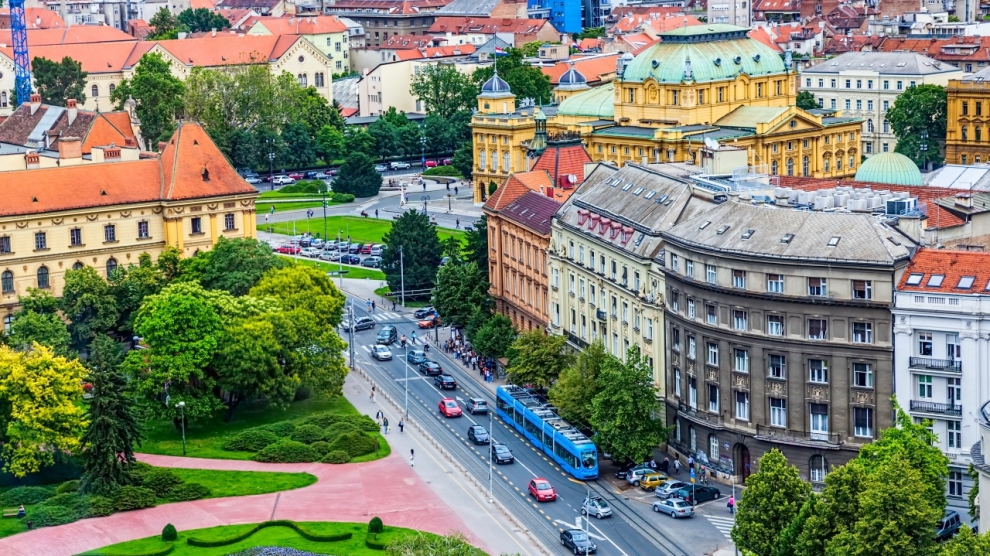The International Monetary Fund (IMF) has urged Croatia to accelerate the pace of structural reforms in order to improve competitiveness and mid-term growth prospects.
“Croatia’s convergence process has slowed down compared to its peers,” Elisabetta Capannelli, World Bank country manager for Croatia and Slovenia tells Emerging Europe. “Key reforms include those that would help create a favourable and predictable business environment and overall reduce the presence of the state in the economy, making it much more effective when companies should remain in public hands,” Elisabetta Capannelli, World Bank Country Manager for Croatia and Slovenia tells Emerging Europe.
According to Mrs Capanelli, the list of reforms is long, ranging from improving the flexibility of the labour market to the effectiveness of the judiciary, from updating the education system to reducing bureaucracy.
“There are lagging reforms in the institutional sector (which is an obstacle to the absorption of EU funds),” says Hermine Vidovic, an economist at the Vienna Institute for International Economic Studies (wiiw). “The administration is split, education (curricula) are often outdated and adequate skills are missing. The Croatian authorities know about the shortcomings, they are all well addressed in the programming documents for EU funding, but they are not implemented, often due to the lack of adequate personnel.”
The IMF praised Croatia’s recent fiscal performance, projecting this year’s budget gap to be 0.9 per cent of gross domestic product. Then the country set a target of 1.3 per cent, although the government has since said it expects the figure to come in below target.
“Croatia’s recent growth was mostly led by personal spending due to fiscal relaxation and record high tourism revenues. But sustainable and long-term growth in Croatia can only be driven by a more productive and more dynamic private sector. Export-led and innovation-led growth is what is needed,” Mrs Capannelli adds.
“If we are talking about the competitiveness of the Croatian economy, we should distinguish between the services sector, tourism in particular, and industry,” Mrs Vidovic tells Emerging Europe. “Tourism is already well developed, but can further improve its competitiveness. With regard to industry, the country’s industrial base is still weak as only a few branches are competitive (the pharmaceutical industry, refined oil products, also some machinery).”
“It would be important to attract FDI for the transfer of new technologies,” Mrs Vidovic continues. “Currently FDI is almost non-existent in the industrial sector. There are numerous obstacles, such as legal uncertainties, high wages compared to other competitors in the new EU member states, but also corruption or political uncertainties.”






Add Comment